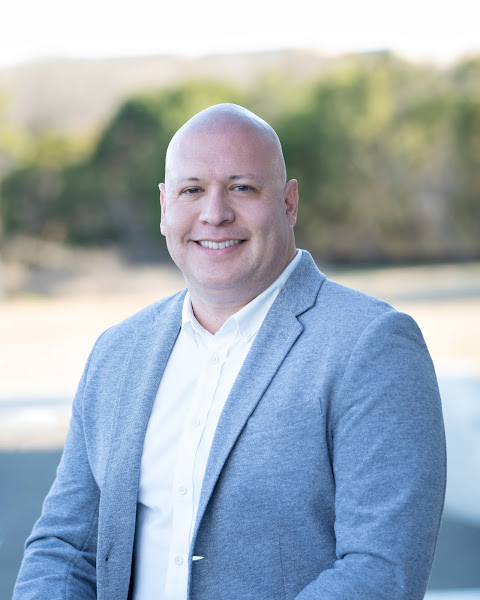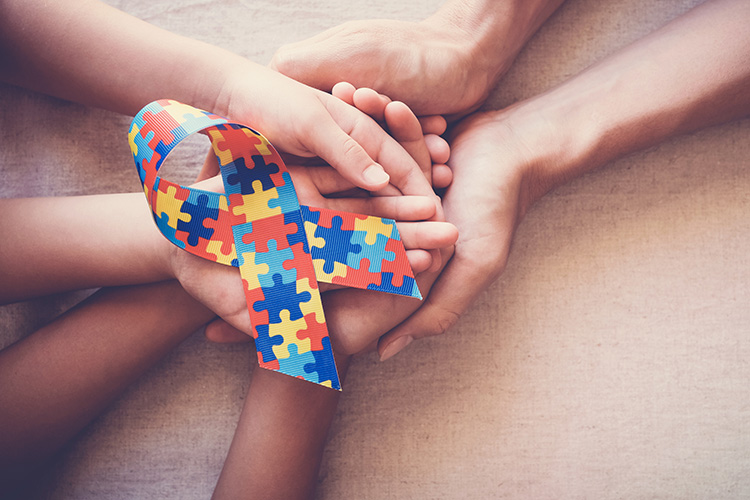Overview
What is autism?
People are naturally social, so are our kids. Most kids from birth and on are very social. They want and need contact with other people to thrive. From babies to toddlers, they tend to have social smiles, laugh, and play games like peek-a-boo. However, some kids have problems with socialization, communication, and repetitive behaviors. These developmental characteristics are called autism.
What is autism spectrum disorder?
ASD is multiple domains of developmental conditions that cause impairment in social interaction/relatedness, delayed speech, and restricted/repetitive behaviors.
What are the five different types of autism?
- Asperger’s Syndrome. These kids tend to struggle with understanding or interpret social cues. They can also have an obsessive interest and/or sensory sensitivity.
- Rett Syndrome. This affects only girls. It progressively gets worse when they reach six months of age. It is similar to autistic characteristics but can also have growth delays, seizures, and mental intellectual difficulties.
- Childhood Disintegrative Disorder. These children typically develop normally until the age of two, then suddenly get worse and develop symptoms of autism.
- Kanner’s Syndrome. These children have typical autism symptoms that are moderate to severe.
- Pervasive Developmental Disorder. These children have a milder form of autism. They can have social delays and delayed motor skills.
Any comorbidities associated with autism?
Autism can have comorbid conditions such as ADHD, OCD, and behavior problems.
Can you get autism from vaccines?
No, vaccines are not the cause of autism. Despite its controversial belief, no research has shown the link between autism spectrum disorder and vaccines. Medical professionals highly recommend getting your children vaccinated to prevent them from getting serious diseases, such as whooping cough, chickenpox, HIB (what causes meningitis), measles, and influenza.
How can the Specialty Clinic of Austin help kids with autism?
Specialty Clinic of Austin can provide both medications and therapy, which are the two main ways to treat autism. For additional information, please contact our office at 512-382-1933.



